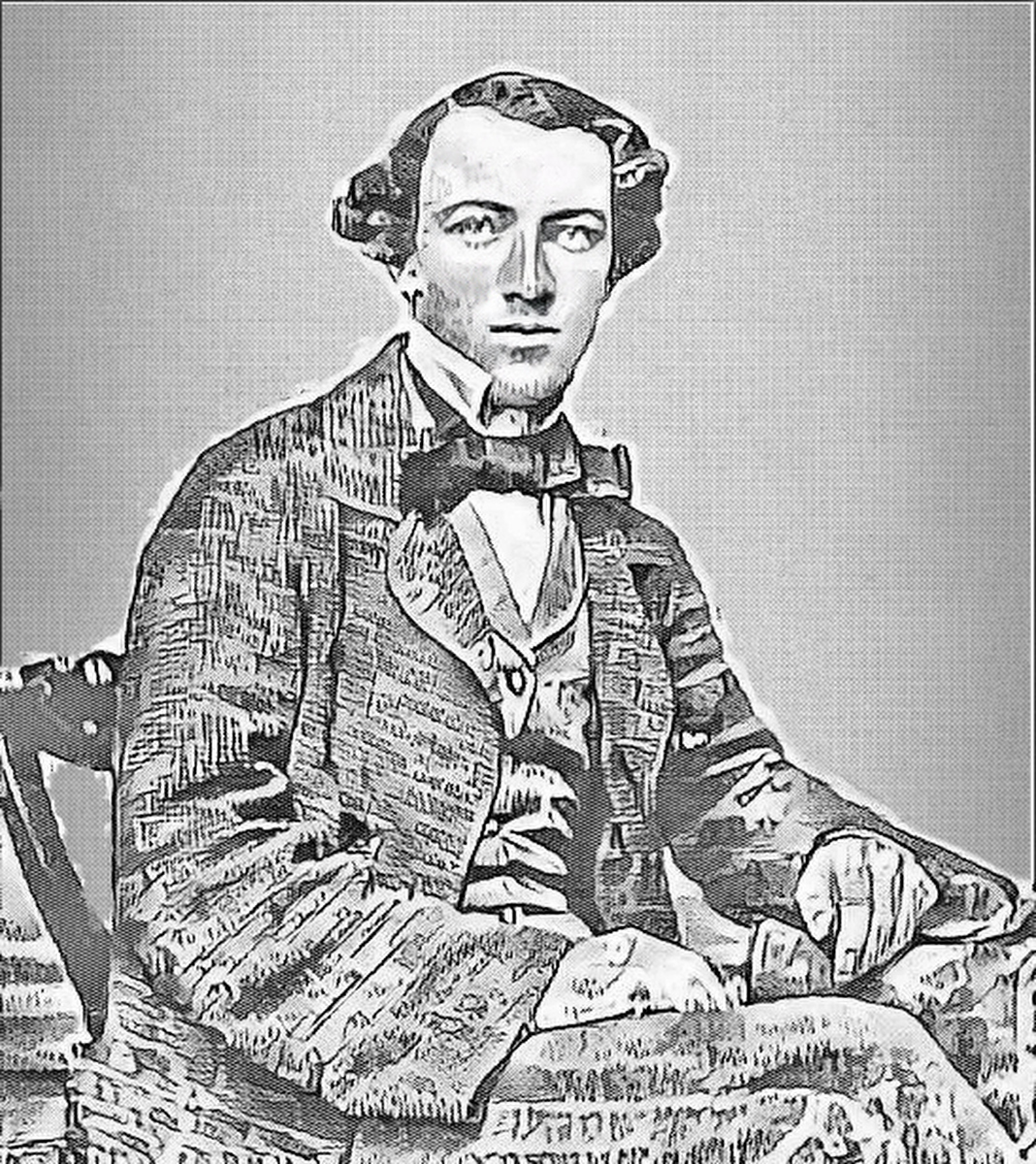SALARY CAPS and the draft took the football world on a venture into socialism, but does it really work? GEOFF POULTER examines the experiment:
THE wise and worldly suits will tell you communism doesn’t work. Never has. Leaders get greedy, take the cream. Peasants stay peasants. Tyranny, torture, famine, hardship – and bad blokes like Stalin – abound.
Best to stay with capitalism where the rich get richer and the poor can suit themselves. Spoken like a true cynic. Yet communism is meant to work in once free-market AFL Football. Socialism, at least, or a mild form.
Fat Cats like Essendon, Hawthorn and Carlton, with deep lists were dominating the competition by the mid-1980s. There was even talk of a breakaway competition. Something had to be done to arrest the balance, so the League went into socialist mode. In came the national draft (bottom team first pick, top team last pick) and a standard salary cap ceiling on all clubs’ total player salaries. No club could spend a penny more than another on players.

It worked to a certain degree. With smaller lists and less buying power all clubs became vulnerable, rather than the bottom closing in on the top. Ideally, you were meant to have a certain time near the top then slide – and then gradually work your way back up again.
A snag was that well-organised clubs like Geelong, Hawthorn and Sydney convinced players to stay for less money and, at the same time, attracted veterans by taking advantage of newly-introduced free agency rules. Free agency, generally, favoured top teams with a player wanting to end a career on a high note.
Other clubs went down to the bottom, re-booted but then reached only mid-table before falling back again. You can’t orchestrate these things when so much depends on the judgment of identifying, selecting and drafting superior talent.
Another lop-sided area only partly addressed was the fixture. Although it has now been adjusted to give lower club’s easier draws it is still uneven with 22 home-and-away matches and not an even 17 (too few) or 34 (too many).
This is also where blockbusters and Friday night exposure becomes so vital. The “big clubs” and crowd-pullers generally get looked after and others, disadvantaged, get financially compensated.
But this can become a vicious circle – without exposure on the big stage the lower clubs don’t attract support – and don’t progress. There is a certain inevitability about it all.
Cashed-up clubs could have a field of doctors and scores of talent scouts inside Taj Mahals before a salary cap was imposed on football club department spending. Another triumph for AFL Socialism.
What areas are left to be attended? Recently a rich benefactor signalled intentions of a $10 million donation towards a club’s new headquarters. Not much you can do about that. Similarly, the location of club pre-season training camps can depend on your pecuniary circumstances. Could be Lake Placid or Lakes Entrance!
Where else can the richer clubs get an edge? At first glance this season’s new $10,000 bond to appeal to the Tribunal, forfeited if the panel doesn’t turn the penalty around, seemed like one area. You’d expect Collingwood to appeal every time whereas perhaps North Melbourne might be more cautious.
But, on second reading, what do you have to lose? You might as well appeal every case. The penalty can’t be increased, only maintained.
You just might catch the Tribunal in a benevolent mood – and they may deliver a puzzler like that late round in the US title fight, a while back, when Azumah Nelson was given the round despite Jeff Fenech landing 80-90 per cent of the blows. You never know your luck in a big city.
Communism (read socialism) does appear to work, to a certain degree, in AFL footy. We don’t know how we can somehow apply its principles towards improving the ugly look of the game. We’re working on that one and will deliver our remedies later.
GEOFF POULTER, 69, has spent 51 years in sports media. He was the last Melbourne Herald chief football writer. CV: Sports oracle, author, historian, impersonator, raconteur, poet, quiz whiz, philosopher, song-writer, intellectual scholar – and still employable!



Discussion about this post